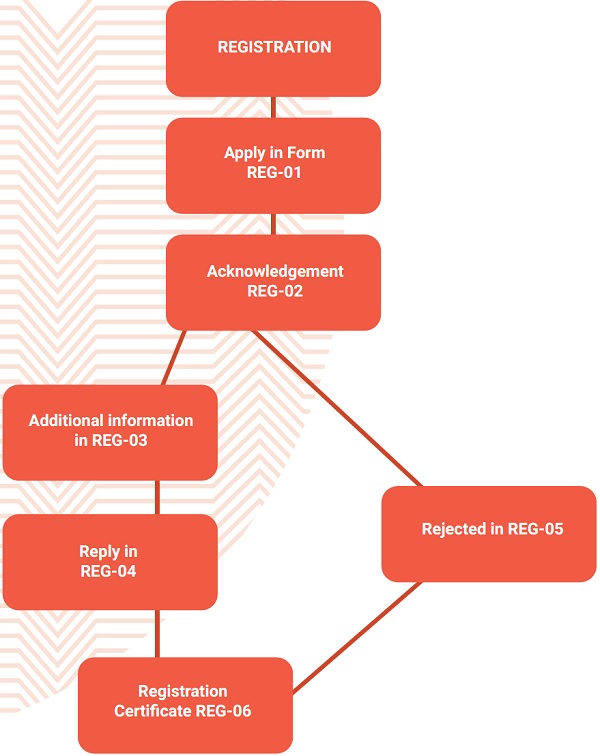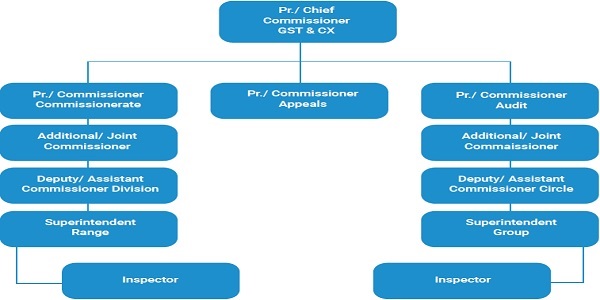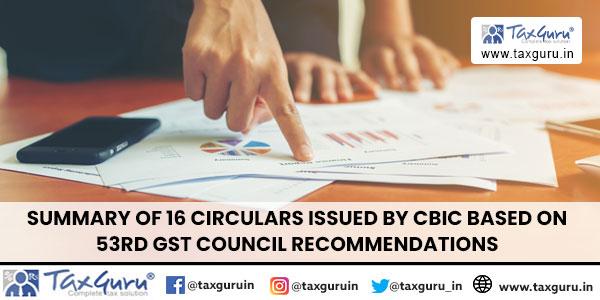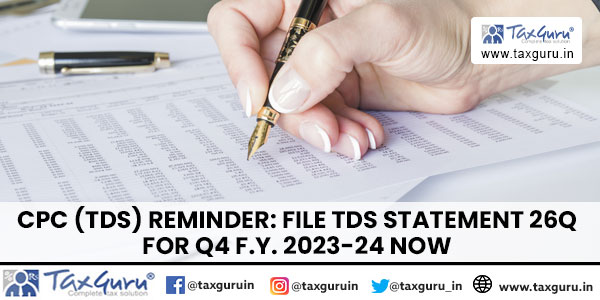Dr. Sanjiv Agarwal, FCA, FCS
 The concept of having a body such as National Financial Reporting Authority is not new as such. The Institute of Chartered Accountants of India already has many of these powers. In the Companies (Amendment) Act, 1999, new sub-sections (3A), (3B) and (3C) were inserted in section 211, which required that the every balance sheet and profit & loss account of the Company shall comply with the accounting standards, as may be prescribed by the Central Government in consultation with the National Advisory Committee on Accounting Standards (NACAS). Therefore, section 210A was enacted to constitute an Advisory Committee to be called “National Advisory Committee on Accounting Standards” to advise the Central Government on the formulation and lying down of accounting policies and accounting standards for adoption by companies or class of companies under this Act.
The concept of having a body such as National Financial Reporting Authority is not new as such. The Institute of Chartered Accountants of India already has many of these powers. In the Companies (Amendment) Act, 1999, new sub-sections (3A), (3B) and (3C) were inserted in section 211, which required that the every balance sheet and profit & loss account of the Company shall comply with the accounting standards, as may be prescribed by the Central Government in consultation with the National Advisory Committee on Accounting Standards (NACAS). Therefore, section 210A was enacted to constitute an Advisory Committee to be called “National Advisory Committee on Accounting Standards” to advise the Central Government on the formulation and lying down of accounting policies and accounting standards for adoption by companies or class of companies under this Act.
In Companies Act, 2013, the nomenclature of National Advisory Committee on Accounting Standards (NACAS) has been changed as National Financial Reporting Authority (NFRA) and unlike NACAS it will not merely be an advisory body but a regulatory authority for auditing, accounting and financial reporting. The role of the Authority has been extended to advice on matters related to Auditing Standards in addition to Accounting Standards and also to act as a regulatory body for accountancy profession.
Introduction
Through Section 132 of the Companies Act, 2013, the Central Government has introduced a new regulatory authority named as National Authority for Financial Reporting known as National Financial Reporting Authority (NFRA) with wide powers to recommended, enforce and monitor the compliance of accounting and auditing standards. The present Companies Act, 1956 empowers the Central Government to form a Committee for recommendations on Accounting Standards which is National Advisory Committee on Accounting Standards (NACAS). This is now being renamed with enhanced powers and authority as National Financial Reporting Authority (NFRA).
NFRA shall be responsible for monitoring and enforcing compliance of auditing and accounting standards and for that purpose, oversee the quality of professions associated with ensuring such compliances. The Authority shall investigate professional and other misconducts which may be committed by Chartered Accountancy members and firms. There is also a provision for appellate authority.
The National Financial Reporting Authority shall be a quasi – judicial body to regulate matters related to accounting and auditing. With increasing demand of non – financial reporting, it may be referred to as a National level business Reporting Authority to regulate standards of all kind of reporting- financial as well as non – financial, by the companies in future.
The Authority will also change the way of notifying of Accounting and Auditing Standards as is evident from provisions of Clauses 133 and 143 of the Companies Act, 2013.
Constitution of NFRA
The constitution of National Financial Reporting Authority, which is supposed to be constituted as an oversight regulatory body to recommend accounting and auditing standards , shall be governed by sub Section (3) and (4) of Section 132. Accordingly,
i) It shall consist of a chairperson, who shall be a person of eminence & having expertise in accountancy, auditing, finance, business administration, business law, economics or similar disciplines, to be nominated by Central Government, and such other prescribed members not exceeding 15.
ii) The chairperson and all members shall make a declaration in prescribed form about no conflict of interest or lack of independence in respect of their appointment. The chairperson and all full – time members shall not be associated with any audit firm or related consultancy firm during course of their appointment and two years after ceasing to hold such appointment.
iii) The head office of National Financial Reporting Authority shall be at New Delhi and it may, meet at such other places in India, as it deems fit.
iv) Its accounts shall be audited by Comptroller and Auditor General of India (CAG) and such accounts as certified by CAG, together with audit report, shall be forwarded annually to the Central Government.
For the constitution of National Financial Reporting Authority, the Act doesn’t prescribe for nomination of members from MCA, ICSI, ICAI, ICWAI, as opposed to what was prescribed under the Companies Act, 1956 in respect of constitution of National Advisory Committee on Accounting Standards. The same shall be prescribed by Central Government so far as terms, conditions and manner of appointment is concerned. Members appointed could be full time members or part time members.
Objectives of NFRA
The objectives of National Financial Reporting Authority inter alia shall be as follows:
1. Make recommendations on formulation of accounting and auditing policies and standards for adoption by companies, class of companies or their auditors;
2. Monitor and enforce the compliance with accounting standards, monitor and enforce the compliance with auditing standards;
3. Oversee the quality of service of professionals associated with ensuring compliance with such standards and suggest measures required for improvement in quality of service, and
4. Perform such other functions as may be prescribed in relation to aforementioned objectives.
These objectives simply bring chartered accountants, cost accountants, management accountants, company secretaries as well as independent directors/ members audit committees under jurisdiction of NFRA.






























please give email address of
national financial reporting authority (NFRA)
In the last sentence you have mentioned MANAGEMENT ACCOUNTANTS are also come under the purview of NFRA. BTW who are they under any act in India.